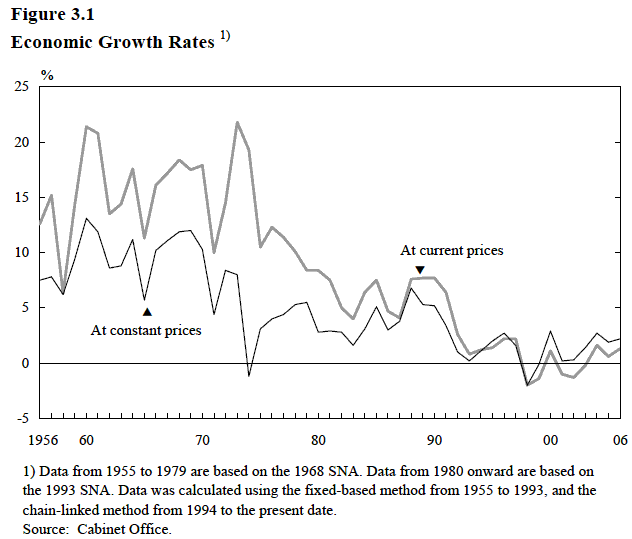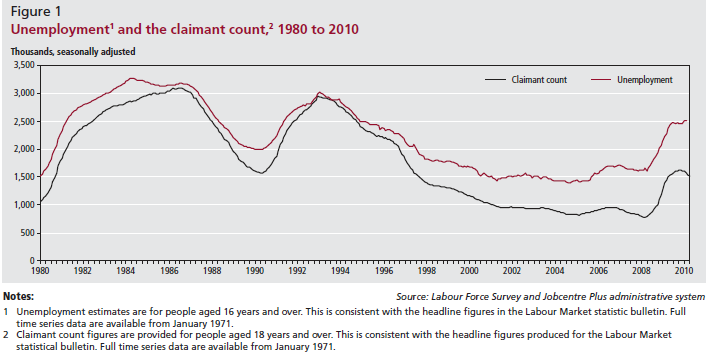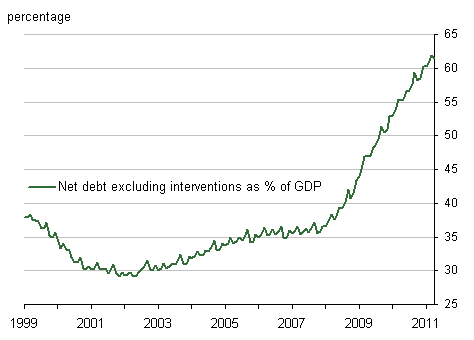A policy is best defined as an alternative course of action that is typically followed for its expediency or merits in material nature (MacDonald 680).
When circumvented in a political sense, public policy refers to a concept, most often a documented plan in which a government or a political union reaches at choices, action plans, and other important issues that have potential significance and advantages for the entire society (Davis 15).
Essentially, policies can best be observed as principles that detail the nature of actions that should occur to resolve any public matters. They are administered by following state or federal exploits like legislations and other administrative applications.
What is basic for a person tasked with the responsibility of developing policies is to understand that it is not a must for them to be consistent.
This is owed to the fact that societal values change as days go by. Therefore, since policies basically represent societal preferences and beliefs, they must keep conforming and changing with them.
At this juncture therefore, it is important to observe that a policy is thereby an intricate interaction of social and economic decisions, existing notions, organizations and personalities, methodological and analytical processes, and broad tenets about how policy is developed.
In the view that a public policy is a course of action made by a government that consequently affects the public; it has been identified that even where some action is mandated to private control, the choice of it being a mandate of such private control can be perceived as a purposeful policy of those in authority.
Simply put, the policy makers having authority over certain matters are responsible for developing policies concerning them.
This is mainly because the societal needs might not have needed an alteration in the first place, or since the people tasked with the responsibility of making any changes do so for the government; possibly since they have a better understanding of social matters because of their role in the society.
There are many factors that influence the creation of a policy. Bodies such as lobby organizations, political parties, councils in an industry, societal unions, and pressure institutions in the society take a very significant play in policy making. This is because they command massive followings by social support allowing them to hotly debate important issues.
It is important to note that when the world experiences economic crises, it pushes the frontiers of policy implantation. To state this case, an allusion to the effect of wrong statistics when monitoring economic issues that result to policy problems is stated.
Indeed, among the biggest challenges facing monetary and fiscal policy making is getting to understand perfectly where the economy stands. In a case where the overall output is reducing, a justification for an ease of the monetary policies is in order.
Basically, there might be a need to reduce the interest rates or in the case for instance of the United Kingdom’s current position, there is a need for increased quantitative easing. Over the past few months, the GDP statistics pointed at an unprecedented 0.4% reduction in the overall GDP.
This became a major factor for pressurizing the Bank of England to increase the policy it had on quantitative easing. Obviously, such an economic event can indeed be said to have resulted to such policy changes.
Surprisingly, there exists a group of those people who are asking whether it is true that the GDP statistics are actually falling. If at all the GDP is not actually reducing but really adding up, then the new policy of increasing the policy of quantitative easing might turn out to be totally dangerous for the economy (Scott, economicshelp.org).
In the past few years, the GDP statistics have been revised. Often times, they are actually revised upwards but not downwards.
In as much as the GDP this year was revised to depict a fall of 2.5%, ranging from January to March, this being in comparison with an earlier recorded decline of 1.9%, it appears that the organs mandated with the responsibility of calculating GDP has had a hard time in estimating the total size in the service industry.
This is because it is difficult to collect information and data here than it is for manufacturing sectors. However, even though it is okay to often revise statistics, one can never alter policy choices (Pettinger, economicshelp.org).
One of the solutions to this quagmire of wrong statistics is to make use of a larger bowl of statistics than only GDP (Moore 88).
For instance, many economists have pointed to a reduction in the unemployment increase, increase in the Purchasing Managers Indices which is a very accurate tool for forecasting recession, increasing consumer confidence, increase in the manufacturing output, and an increase in the pricing of houses.
By making such a wider outlook at the economy, we get a perfect perspective and understanding that policy cannot be impacted on by a single misleading statistic. Indeed such economic events greatly push the frontiers of policy implantation.


Graph Showing UK National Debt

Source: Economicshelp.org
Works Cited
Davis, Green. Public Policy. New York: Allen & Unwin, 1993. Print.
MacDonald,Myers. Chambers Dictionary. Edinburgh : T&A Constable Ltd, 1980. Print.
Moore, Bren. How You Can Make A Difference. IOWA : State University, 1996. Print.
Pettinger, Tom. Wrong Statistics Cause Policy Problems. economicshelp.org. Nov 2009. Web. July 2012.
Scott, Peters. Misleading Economic Statistics. economicshelp.org. May 2008. Web. July 2012.